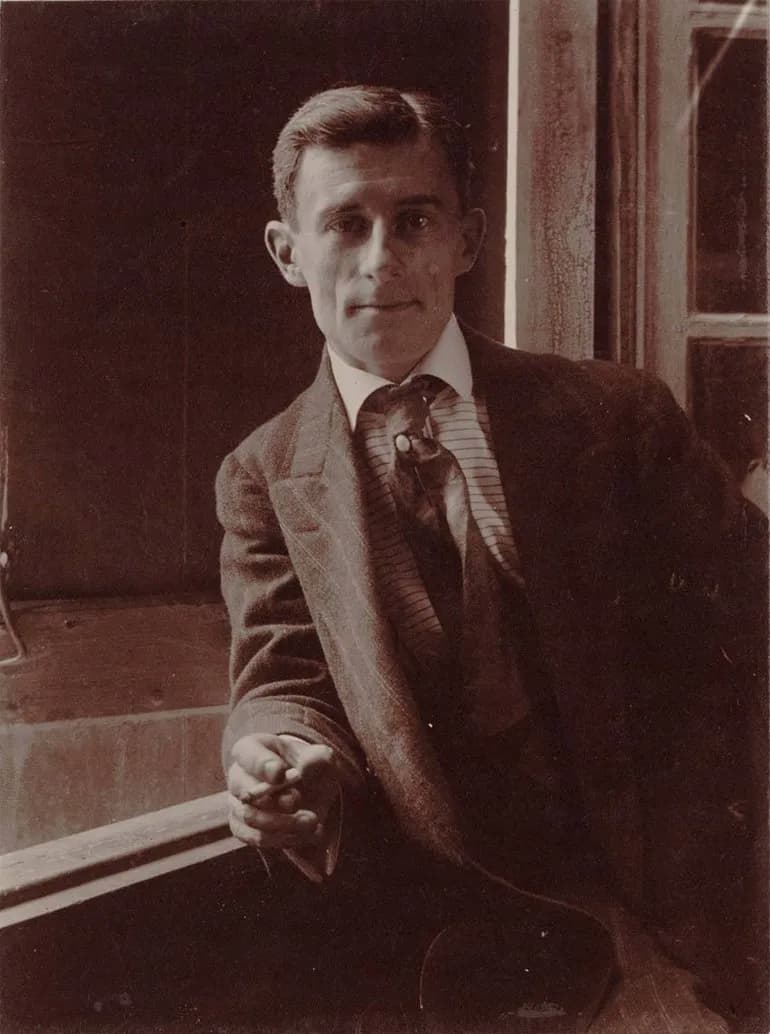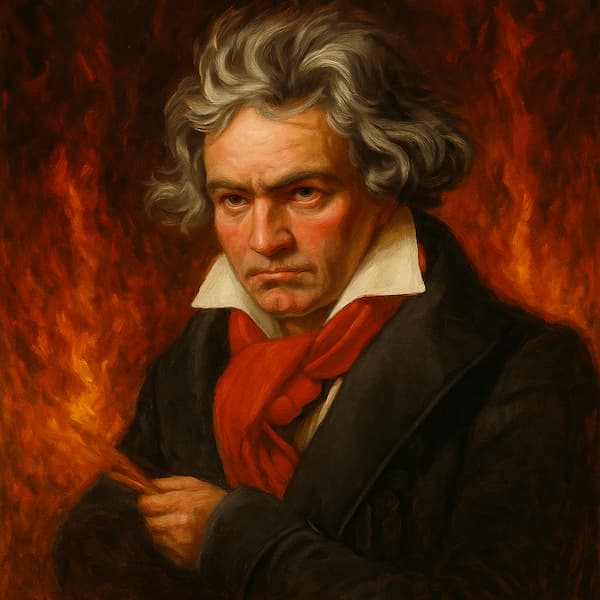The New Year period is a rare occurrence where we take time to look both forwards and backwards. It is an opportunity to take stock of where we are, and many New Years, spent in the company of family and friends, away from work, sharing memories, stories, food, and music, can be more introverted and reflective than the big parties let on.

© roadlesstravelled.me
For many, the new year holds excitement, discovery, and a sense of optimism. At the same time, it can be a chance to reflect on tough times, of loss, disappointment, or rejection. In these moments we can find ourselves craving the comforting and familiar while also being excited about the new discoveries and experiences just around the corner.
This new years playlist is designed to reflect this: a list of classics, with suggestions of alternatives should you be seeking something new this January. The suggested pieces are not intended to usurp the familiar, merely to offer some new surprises and discoveries.
The list below is presented to you in the spirit of the New Year: in the interest of fresh new discoveries, of keeping our ears, minds, and hearts open, while also tipping our hat to the things we already know and love.
You like: Copland, Fanfare for the Common Man
We recommend: Oliver Knussen, Two Organa – I. Notre Dame des Jouets
Oliver Knussen: 2 Organa, Op. 27 – I. Notre Dame des Jouets (London Sinfonietta; Oliver Knussen, cond.)
Swap the epic scale of Copland’s masterpiece for something more miniature. I love the bubbling energy of the first of these two short pieces for large chamber ensemble by Oliver Knussen. It feels like we are gazing upon a huge celebration on a micro scale, grand fireworks perhaps being reduced to party poppers, triumphant trumpets replaced by strident oboes and clarinets.
Large church bells are boiled down to a low-fat trio of celeste, piano and harp, but despite the reductions in grandeur, the atmosphere of celebration and joy sizzles and pops.
At under a minute and a half, it’s the perfect pint-sized fanfare to begin an alternative New Year.
You like: Mozart, Eine Kleine Nachtmusik
We recommend: Caroline Shaw, Valencia for String Quartet
Caroline Shaw: Valencia (Attacca Quartet)
Mozart’s string serenade seems so etched into our musical minds that any alternative suggestion may be met with a raised eyebrow or two. However, Shaw’s work Valencia mixes the celebratory with the reflective just as much as Mozart does in his much-performed piece.
Eine Kleine Nachtmusik, while technically written for solo strings, is more often performed by a full string orchestra; here, Shaw writes for a string quartet while creating the illusion of many more musicians thanks to its moments of delicate fragility contrasted with punchy, gutsy writing.
Valencia, like much of Shaw’s music, combines a sense of the nostalgic and familiar while also expectantly looking forwards. It is full of life and just as vibrant as Mozart’s much-loved classic.

© i.huffpost.com
You like: Elgar, Salut d’Amour
Edward Elgar: Salut d’amour (Liebesgrüss), Op. 12 (Lynn Harrell, cello)
We recommend: Gustav Holst, A Song of the Night for violin and orchestra
Gustav Holst: A Song of the Night, Op. 19, No. 1 (Lorraine McAslan, violin; London Philharmonic Orchestra; David Atherton, cond.)
I feel sorry for Holst – he was an incredibly prolific composer but his achievements are often overshadowed by his party piece The Planets. Longer and more complex than Elgar’s salon-inspired offering, this serenade for solo violin and orchestra dating from 1905 is full of reflection and tenderness, with rich, aching harmonies.
You like: Brahms, Hungarian Dance No. 5, Allegro – Vivace
We recommend: Brahms, Hungarian Dance No. 3, Allegretto
Johannes Brahms: Hungarian Dance No. 3 in F Major (orch. J. Brahms) (Vienna Philharmonic Orchestra; Claudio Abbado, cond.)
While it might not be the most innovative thing to replace Brahms with… more Brahms, his third Hungarian Dance (from a set of 21 – I know! He wrote loads!) is decidedly more laid back than its famous fiery cousin. And if you don’t like number 3, there are 19 others to choose from, so take your pick and get exploring.
You like: Bach, Brandenburg Concerto No. 3
We recommend: Errollyn Wallen, Concerto Grosso
Here we pair together a staple of the baroque repertoire with a piece that reinterprets a common baroque form. A concerto grosso is a piece of orchestral music featuring several soloists, a form which evolved in the baroque era.
Here Errollyn Wallen takes this instrumental setup and crafts a piece that, just like Bach’s beloved Brandenburg, has a strong rhythmic drive and is full of energy, virtuosity, and life – a perfect way to see in the new year.
For more of the best in classical music, sign up to our E-Newsletter


